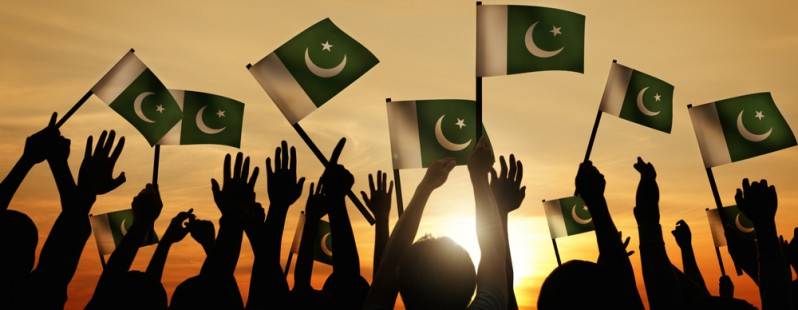The world may debate politics, borders, and alliances, but one thing is clear: Pakistanis stand ready to defend their country at all costs. According to the latest statistics shared by the World of Statistics, a staggering 89% of Pakistanis say they are willing to fight if war breaks out. This isn’t just a number—it’s a testament to a deeply ingrained national spirit, forged through history, struggle, and an unwavering sense of identity.
Pakistan was born out of one of the most dramatic upheavals in modern history—the Partition of 1947. From the very beginning, survival and self-defense were ingrained in the nation’s DNA. Over the decades, Pakistan has faced wars, conflicts, and internal strife, yet the people have remained unshaken. The willingness to fight isn’t just about war—it’s about survival, pride, and ensuring that future generations inherit a strong and sovereign nation.
Unlike many countries where patriotism is seasonal or event-driven, in Pakistan, it’s a way of life. From cricket matches to global diplomacy, from cultural heritage to military achievements, national pride is a constant. This deeply rooted sense of belonging makes it almost second nature for Pakistanis to respond with a resounding “Yes” when asked if they would fight for their homeland.
Pakistan’s military isn’t just an institution—it’s a symbol of national unity and strength. With one of the most professional armed forces in the world, Pakistanis have a deep sense of trust in their military. It’s no surprise that this confidence translates into a willingness to fight, as the armed forces are seen as protectors not just of borders but of identity itself.
Pakistan’s willingness to fight is also deeply tied to cultural and religious values. Honor, bravery, and sacrifice are celebrated virtues, reinforced through history, literature, and religious teachings. The idea of defending one’s home and values is seen as a noble cause, making it easy for people to express their readiness to stand up in times of need.
With a history of tense relations with neighboring India, border security has always been a major concern. The Kashmir conflict, periodic escalations, and diplomatic standoffs keep national defense at the forefront of public consciousness. The 89% figure isn’t just about hypothetical war—it’s a reflection of lived realities where the threat of conflict is never too distant.
Pakistan has one of the youngest populations in the world, and young people are more connected than ever through digital media. This has amplified nationalistic sentiments, especially in response to external criticism. From social media activism to real-world mobilization, younger Pakistanis feel a strong responsibility to defend their country’s narrative.
While national pride is essential, an overwhelming willingness to fight can also raise questions. Is there a need for more diplomatic solutions over military posturing? Does this sentiment encourage a culture where conflict is seen as inevitable rather than avoidable? Nations thrive not just on their ability to defend but on their ability to foster peace. The challenge for Pakistan will be to balance its warrior spirit with a vision for long-term stability and prosperity.
The 89% willingness to fight is not just about military defense—it’s about identity, resilience, and national pride. It reflects the story of a people who have withstood hardships, defended their borders, and continue to stand united under the green and white flag. Pakistan’s warrior spirit is undeniable, but the real victory will be ensuring that this strength is channeled toward building a future where defense is not just about war, but about progress and unity.


